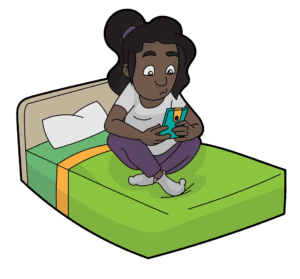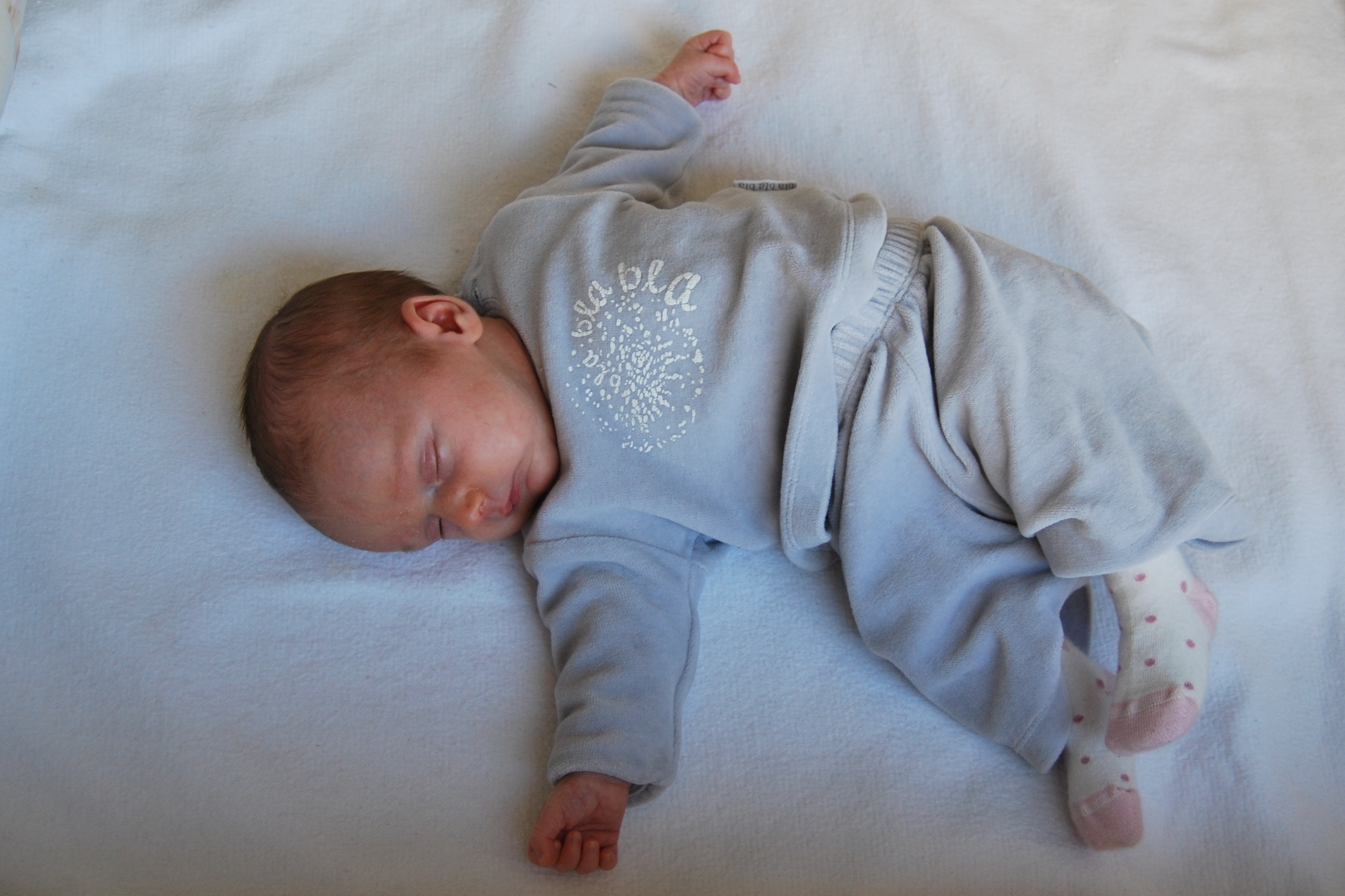 Kids under age 6 typically need 10-13 hours of sleep per night. And kids older than age 6 need 9-11 hours of sleep per night. It can be hard to include this much sleep time in busy schedules, so it’s important that you provide a good sleeping environment for your growing little ones. Use the following tips to boost sleep hygiene and maximize sleep during nighttime hours.
Kids under age 6 typically need 10-13 hours of sleep per night. And kids older than age 6 need 9-11 hours of sleep per night. It can be hard to include this much sleep time in busy schedules, so it’s important that you provide a good sleeping environment for your growing little ones. Use the following tips to boost sleep hygiene and maximize sleep during nighttime hours.
GHT Guide to Good Sleep Hygiene
- Use alarm clocks for waking up only. Face blaring red numbers away from kids who stare at the clock at night.
- Start the day with exercise. Kids who exercise early in the day can help them to be more energetic and awake during the day. They can then focus better during the day and have an easier time falling asleep at night.
- Avoid caffeine in the afternoon and evening. Avoid sodas, chocolate, caffeinated teas, and coffee after a certain time. Caffeine can cause delayed sleep, shallow sleep, and nighttime awakenings.
- Maintain a comfortable bedroom. Kids’ rooms should be quiet, cool, and comfortable. You can use a humidifier or sleep sound machine to make a room more suitable for sleeping.
- Use beds for only sleeping. Doing other activities like doing homework, watching TV, using a tablet, phone, or computer, or playing games makes it hard to associate the bed with sleep.
- Keep a security object. Use a stuffed animal or blanket to cuddle with. A security object can comfort a kid when their parent isn’t there. A doll, toy, or animal can also be used to comfort a kid at bedtime.
- Maintain a bedtime routine. Each night, the same series of events should lead up to bedtime. A good routine might be to brush teeth, bathe, put on pajamas, and read a story from a book, not a tablet.
- Stick to the same bedtime every night. It’s easier to sleep at night when you go to sleep and wake up at the same time every day, including the weekend. Staying up late on occasion and then catching up on sleep can throw off a kid’s schedule. It can then be harder to go to bed and wake up on time.
- Relax. Choose calm, relaxing activities leading up to bedtime. Any activities that are too stimulating, like exercise, video games, or family games, can keep kids up late. Limit these activities to at least an hour before bedtime. These activities should be avoided during nighttime awakening as well. Relaxing techniques to use before bedtime or upon awakening can include deep breathing and meditating.
 Avoid screen time before bed. Video games, phones, and tablets before bed can disrupt our brain waves as we prepare to wind down. Turn off all screens 1-2 hours before bedtime.
Avoid screen time before bed. Video games, phones, and tablets before bed can disrupt our brain waves as we prepare to wind down. Turn off all screens 1-2 hours before bedtime.- Go to sleep drowsy, but still awake. If kids go to sleep in someplace that isn’t their bed, they may no longer associate sleep with their bed. If you can get your kids to fall asleep in their bed exclusively, they may have an easier time getting to sleep and staying asleep.
- Limit bedtime checkups. If you are checking on your child, it is usually just to let them know you are there. It provides a sense of security for your child, but it can disrupt kids’ sleep too. Make bedtime checkups short and sweet. The briefer and the less stimulating, the better. You can use a baby camera or monitor for checkups. Click over to our blog on nighttime feedings for younger kids.
- Don’t stay awake in bed. If your child can’t sleep, they should get up out of bed and do something boring. You can try reading a boring book without images and with some dry subject matter. You can try breathing exercises or meditation to get a child back into sleep mode. Don’t use screens or anything stimulating to encourage your child to go back to sleep. Return them to their bed as soon as they feel sleepy again. If they still can’t sleep, repeat the process. It’s important that they don’t spend too much time lying awake in bed, because they may no longer associate their bed with sleep.
- Try keeping a sleep diary. If things are not going well and your child is having a hard time sleeping, you can determine what works and what doesn’t work. Try logging nap time, bedtimes, wake times, and other behaviors.
Sleep hygiene is important for the whole family. We do our best when we include time for self-care. Share what works best for you and your family in the comment section below! As always, for questions or concerns, please contact us.




